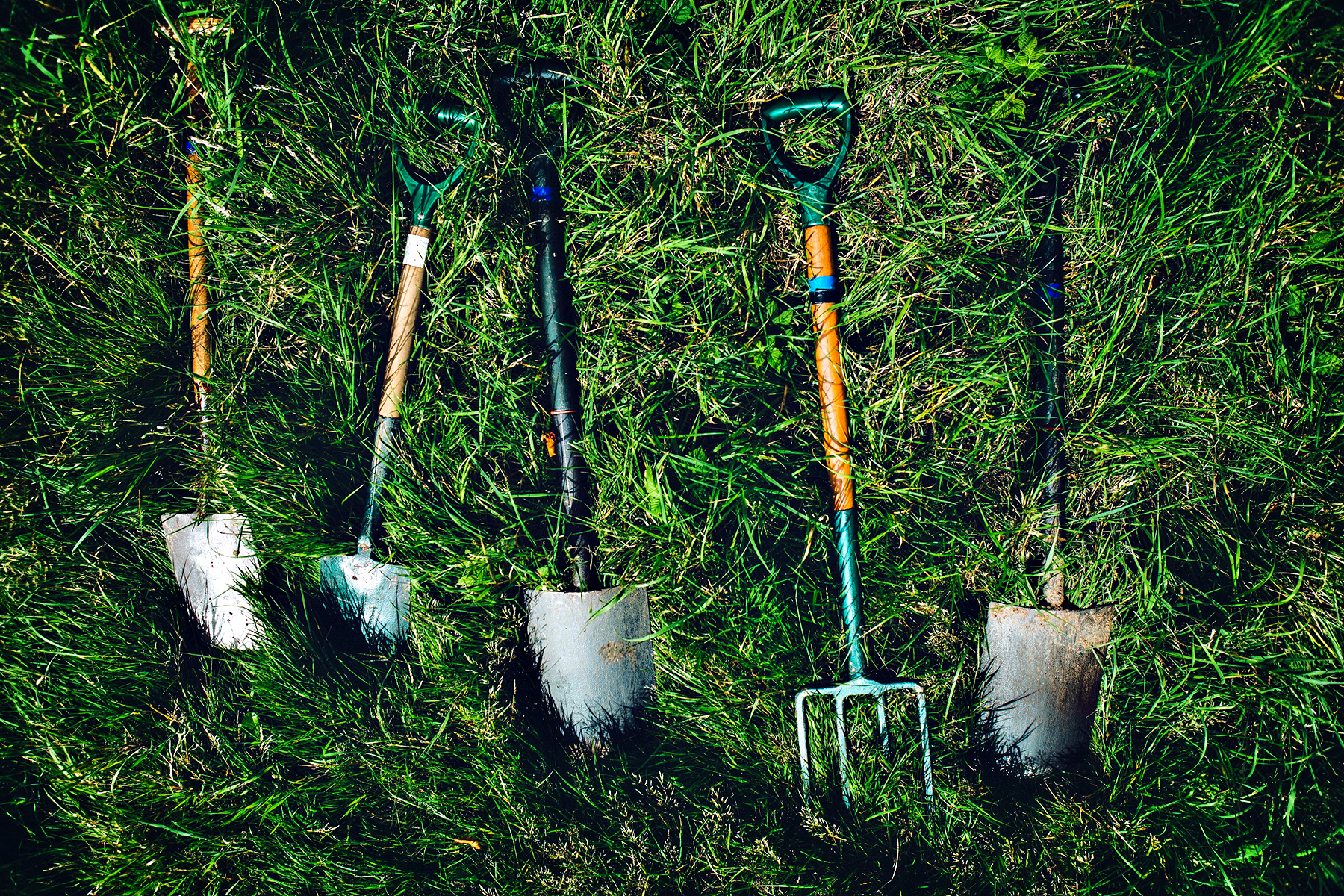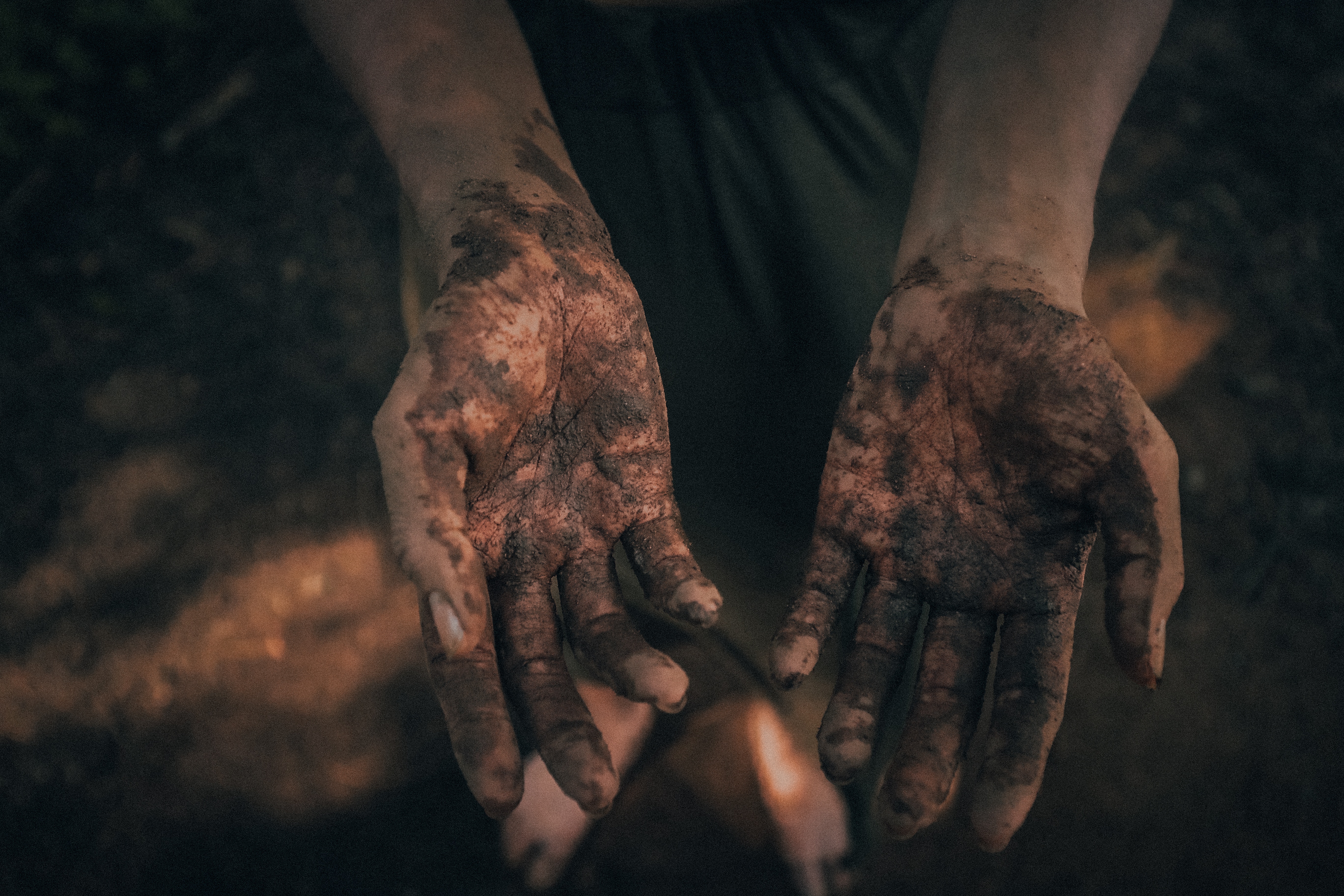When we bought our house ten years ago, one of the things that caught our eye was the large yard full of flowers. The prior owner was a hobby gardener, and planted no less than twelve beds of various sizes, packed with perennials and flowering shrubs. My wife and I had dreamed about all the things we would plant when at last we had a place of our own, and were now delighted to have so much beauty already laid out for us from the start, which we could add to in the months and years to come. From February through October, our yard was pageant of successive colors and textures, from the first daffodils and hellebores braving the frost, through spring’s lush peonies and azaleas and fifteen kinds of iris, followed by summer’s coneflowers, daylilies, and fiery crocosmia, until the chrysanthemums and black-eyed-susans brought us into the soft light of autumn and the dogwood leaves turned to crimson and wine. That first year, the little salsa garden gave me peppers well into November.
Remembering the little Eden that once was, I am the more ashamed to look at those beds now. It isn’t just the grass and dandelions that have invaded them. Let a flower-bed go for a few seasons and of course you’ll find it choked with weeds, but neglect it a while longer, and you’ll see it aggressively settled by trees. My once-lovely flower gardens have become downright scrubby with young maple, sweet gum, and mulberry. Baby elms multiply in the front yard beds, while those in the back are carpet-bombed each fall with a hail of acorns that hatch into a covering of ankle-high oaks come spring. Then there are the woody tentacles of wild grapevine that grip the yard like a Kraken. But none of these compare to the invasive Japanese honeysuckle that seems to burst into a gawky eight-foot shrub overnight. That little salsa garden has given me nothing but honeysuckle and regret for years now.
When we first saw this yard, we were impressed with all the work our green-thumbed predecessor had done to create it. The decade since has taught me to admire his diligence in maintaining it.
It is the work of an afternoon to plant some flowers, but the war against weeds and insects goes on three-quarters of the year, and one must man his post even in the furnace heat of summer or forfeit the battles he never showed up to.
The garden cares nothing about my busy schedule and turns a deaf ear to health complaints and other excuses. The beauty of a well-tended stand of perennials, and the bounty of a vegetable plot both depend on consistent hard work – on discipline.
While I readily enjoy fresh vegetables and brilliant flowers, I’ve never much cared for that word discipline: the art of making yourself do what you don’t feel like doing. It reminds me of a small group I was once part of. We set ourselves to reading a book on spiritual discipline. Not one of us came close to finishing it; apparently we needed the book too desperately to make use of it. It was easy to laugh that off as “irony” and push the nagging feeling of alarm down to be attended to in the distant future. Life is so much more comfortable when lived like water spilled on uneven ground, always finding the path of least resistance and moving into it. Except, of course, that this path always leads down and down.
And now my yard stands as a testament, almost a parable, on the result of taking the easy way. The undisciplined life brings a harvest of disorder, ugliness, waste, unproductivity. You can ignore the mounting evidence for a time, but one day you’re surrounded by it on every side. As my gaze sweeps the yard, I see it’s not just the gardening that’s been neglected. There are the weeds in the cracks of the driveway pavement, and the ivy that’s not just claiming a side of the house but encroaching over a window. Those wind-scattered elmlings aren’t just in the ground, they’re thriving in my rain gutters that’ve been so long filled with leaves and debris it’s turned to soil.
While I’m looking with honest eyes, looking instead of overlooking, I might as well admit: as I find it outside the house, so I find it within.
The paint flaking off the ceiling in the bathroom. That faucet that only runs cold water because when the hot side valve started leaking a year ago, it was turned off, but never replaced. And don’t even say the word grout around me. It’s not that we never, at any time, had the time and resources. We just always directed them to other things. While casting my scrutiny around the room, I land on the mirror. There’s myself, the little plot of flesh and bone I’ve inherited. That bit of real estate has not been well tended either, right down to the tooth I months ago suspected of a cavity and have done nothing about. Shadows beneath my eyes betray that I sleep as little as I can reasonably – or unreasonably – get away with and keep functioning. And let’s come out and say it – my weight. I’ve been eating whatever I feel like, and if a treadmill could grow weeds, mine would be. Nowhere are the signs of an undisciplined life more on display than in that mirror.
Even so, it’s what the mirror can’t show me that I’m most worried about. As without, so within. What would my spiritual state look like if it could be made visible? I instinctively shy away from that thought like a trail horse spooked by a snake. I know the sight would be cringeworthy. I’ve gotten so good at talking about God while neglecting to talk to Him, much less listen for Him. The books I immerse in talk about God too, but I see that I’ve been using them less as supplements than as substitutes for His actual Word to me. I could fill a book myself on all the ways my faith has been characterized by laxity. So many things I’ve been letting slip, but I somehow find a good deal of leisure time, even for mindless entertainment..
From this mushy, unstructured spiritual center, everything flows outward. I see now that in many ways I have bloomed too little as a husband, a father, a neighbor, a friend. In the garden beds of my life there has too often been disorder, followed by waste and unproductivity. I have let weeds grow up, some maturing to stout trees, taking up the time and resources that should have gone to better and more important things. That’s not to say there have not been a few flowers too; by the grace of God, He has brought forth good things from me despite my waywardness as a cultivator, just as some beautiful flowers still shine out amid the weeds in my yard, and year after year stalks of faithful asparagus come up alongside the honeysuckle. But I’m certain these gifts would produce much more if I was diligently tending them. It was in jest a minute ago that I said I could write a book, but I might well have done just that if I didn’t default to always picking up someone else’s book – or something connected to the internet.
There might be good things I can hardly now imagine, for not just myself but my loved ones, if I was taking care to plant and water and weed.
This then is why June finds me out in the heat, blistering my hands on the handle of a mattock (the stone-packed clay of East Tennessee shrugs off lesser tools like raindrops). At last I’m digging and chopping out those trees and vines that have been tolerated for too long. Sizing up the job, I realize I might have to get rid of some of the flower beds, until I can keep up with those that remain. Maybe I’ll have to do the same in the rest of my life, where my energies have been spread too thin, diluted. As I work, I think about those inner weeds that need to be dealt with, and try to gather the motivation to tackle them.
I wish I could offer a more inspiring word, or a detailed guide on how to root out your own spiritual weeds. The truth is, I’ve just reached the acknowledgement stage myself. I don’t know exactly how this is going to go, I just know what it looks like when the work is neglected. I’m recognizing that beauty and fruit are brought forth out of discipline, and fade to scarcity without it. Hard to say why this wasn’t more clear to me before now. After all, from our beginning humankind was set in a garden to be cared for, and an unmanaged garden ceases to be a garden. The miracle of a seed bursting into life is all God’s, but the marvel of a garden comes when men and women work diligently alongside Him. From the first, we were called to tend. Through our own folly and waywardness, the job has gotten harder, and we now do the work struggling among the briars, wiping sweat from our brows. But worse than the sweating, is to decline the sweating – to lay down the tools and let the briars cover all, and the garden fall to wilderness and wasteland.
Exhausted, I shoulder the mattock and turn toward the house. Untrained muscles are aching and my too-soft hands have had all the abuse they can take today. But if I come out and work again tomorrow, and again the day after, they will harden and strengthen. In time, this ground will bloom again.
The featured image of garden tools is courtesy of English photographer Dylan Nolte of Unsplash. See more of Dylan’s work on Unsplash here.
The image of muddy hands is courtesy of Chris Yang. See more of Chris Yang’s on Unsplash.
We are grateful to both Dylan and Chris for sharing their beautiful work so widely with so many.
Matthew is fascinated by the use of story to create experiences that awaken us to powerful, redemptive Truth. Several years ago he took up a quest to own and read every book ever published by C.S. Lewis. He shares his home with his wife and daughter, four cats, and a smallish serpent who has thus far never endorsed the consumption of prohibited produce.
Leave a Reply
A Field Guide to Cultivating ~ Essentials to Cultivating a Whole Life, Rooted in Christ, and Flourishing in Fellowship
Enjoy our gift to you as our Welcome to Cultivating! Discover the purpose of The Cultivating Project, and how you might find a "What, you too?" experience here with this fellowship of makers!



Add a comment
0 Comments